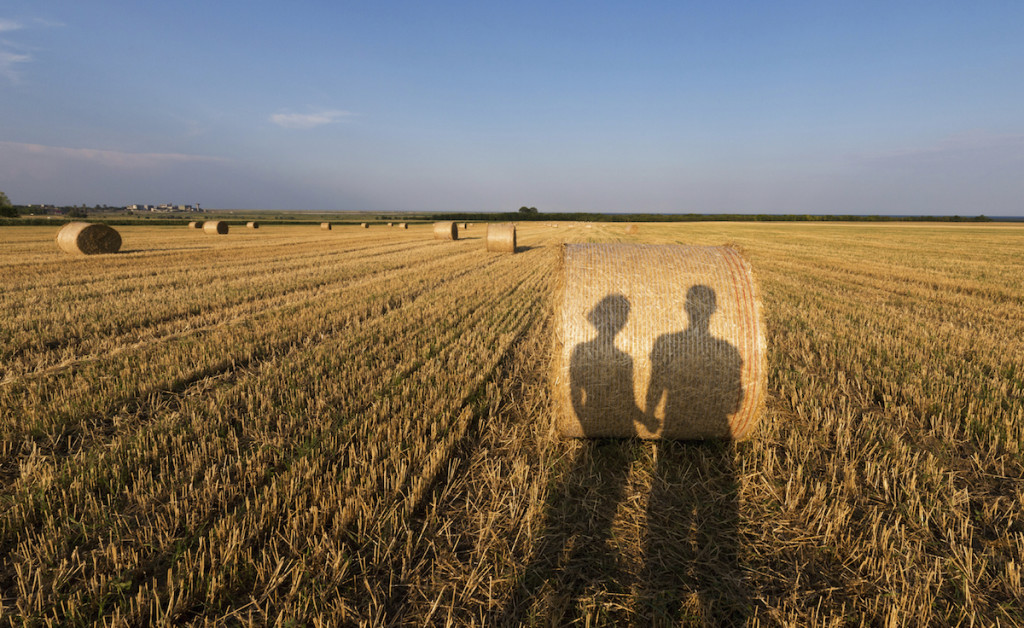
The Association of Lawyers for Children (ALC) have recently published submissions on the use of covert recordings by parties in family proceedings.
In 2017, there was a case called Re: B (a child) where the President of the Family Division Sir James Munby, gave Judgment concerning covert recordings.
In the case of Re: B, the father of a 11 year old girl alleged deliberate alienation by the mother. The father sought to rely on covert recordings made over a number of years, including conversations with a social worker, CAFCASS Officer and a solicitor.
The President made some preliminary observations about covert recordings to include:-
- The issue had become more pressing in recent years with firstly the ever increasing sophistication of modern recording equipment and secondly the widespread distrust by some of the competence or integrity of the family justice system.
- Although that distrust was often based in a mindset, as opposed to reality, there had been recent and shocking examples of professional malpractice which had been revealed due to covert recordings.
- There was a distinction between open recordings and covert recordings. Covert recordings can involve recording children, or family members, or professionals. All of these involved different issues.
- With each nature of recordings arose the questions of:-
- The lawfulness of the recording
- Best practice outside the court room
- The admissibility of the recording into evidence and
- Other evidential and practice issues
- The question of who was doing the recording and why might well be relevant to.
The submission of the Association of Lawyers for Children (ALC) suggested that any generalised consideration of the issue of covert recordings should distinguish between covert recordings of children as distinct from covert recordings of other adult parties or professionals involved in proceedings.
The ALC submitted that as a matter of public policy, covert recordings of children should rarely, if ever, be admitted as evidence in family proceedings.
In relation to the covert recordings of one family member by another, it is suggested that the issues are likely to be narrower:-
- Gathering of information/evidence that is relevant to an issue on the case or
- Behaviour as part of a course of conduct that can be seen as designed to control and/or intimidate the other party.
The ALC suggested that wherever possible the application for permission to admit the recordings is submitted in writing on an application form in good time.
It was further suggested that factors which the court would wish to consider, in the context of the over riding objective, will include the following:-
- the circumstances in which the recording was made
- whether the court and the parties have been given proper notice of the application and appropriate details
- where the recording is of or includes the child concerned, the ascertainable wishes and feelings of the child.
- whether any effort was made to secure agreement to the recording being made
- whether there is anything arising from the circumstances in which the recording was made.
- the substance of the matter which are contained on the recording
- to what issue in the proceedings it is asserted that the substance of the recording is relevant
- whether the court can be satisfied that the recording is a complete recording of the meeting
- whether any necessary investigation to satisfy the court as to whether it is proportionate and necessary to resolve the proceedings.
- whether it is necessary to require the party seeking to adduce the evidence to enter into appropriate undertakings to ensure the restriction of any publication of the evidence.
Finally, the ALC also suggested that if any written agreement were to be produced, it should contain a clear warning to parties about sharing the recordings (covert or otherwise) on social media, which would enable identification of children subject to proceedings.
If you would like to contact our team about any family law matter, then please call 01726 74433 or email family.staustell@stephens-scown.co.uk.
